Magazine
Gardening For The Soul
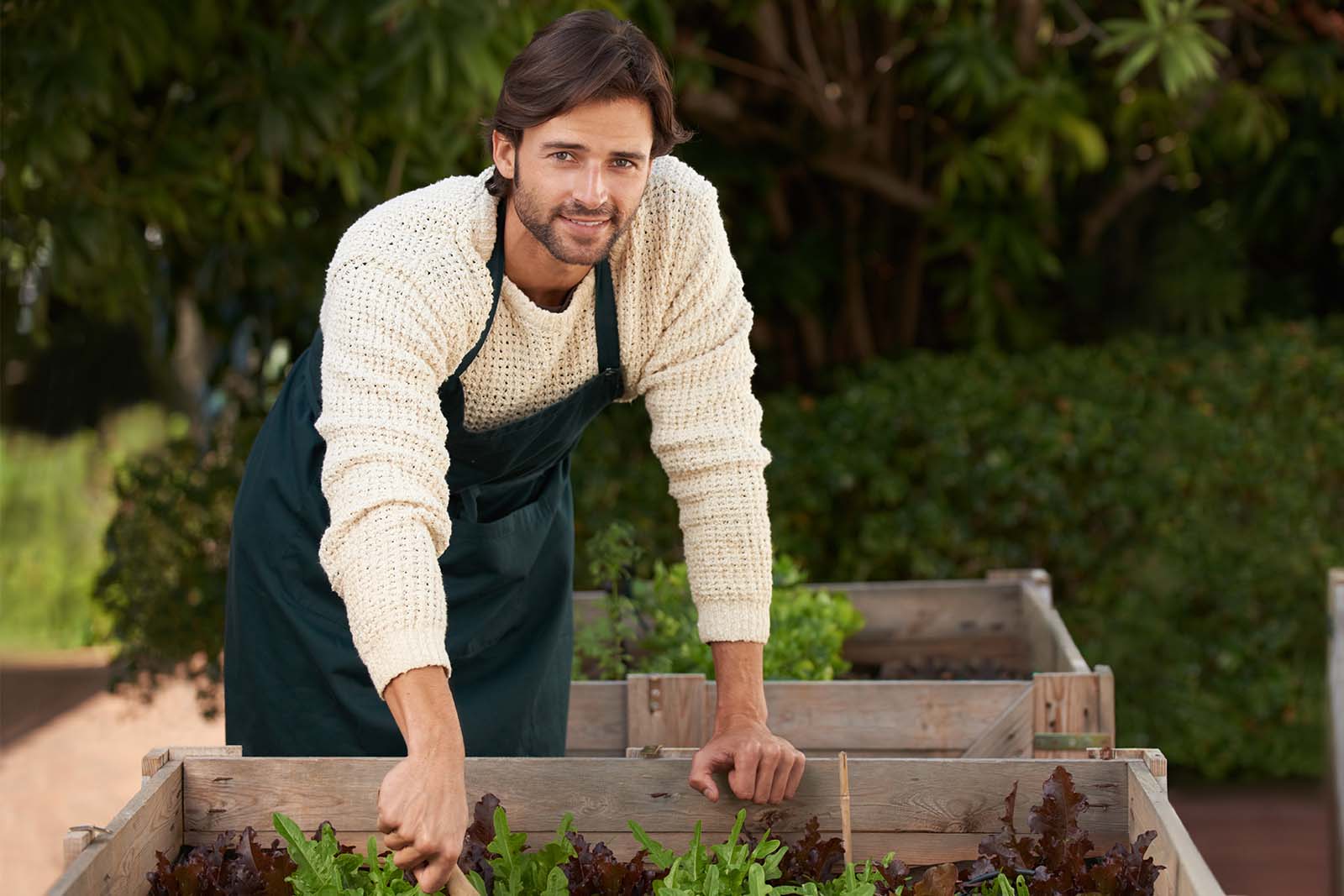
Discover How Tending To Gardens Nurtures Body, Mind, And Spirit For A Healthier, Happier Retirement
Welcome to a journey through the gardens of wellbeing.
As we age, our interests change and a slower pace of life becomes a lot more appealing. It also becomes more important than ever to find activities that enrich our lives both physically and emotionally, so we can maintain a strong sense of purpose.
Gardening can become the perfect hobby for maintaining our health and happiness in later years.
This guide explores the benefits of gardening, from its physical rewards that keep our bodies active and strong, to its mental uplifts that nurture our minds and the social connections it fosters.
We’ll also dig into essential post-gardening skincare, ensuring that our passion for gardening is as kind to our skin as it is to our spirit.
So, grab your gardening gloves, and let’s explore how this age-old practice can be a fountain of youth and joy in our golden years.
The Physical Benefits Of Gardening
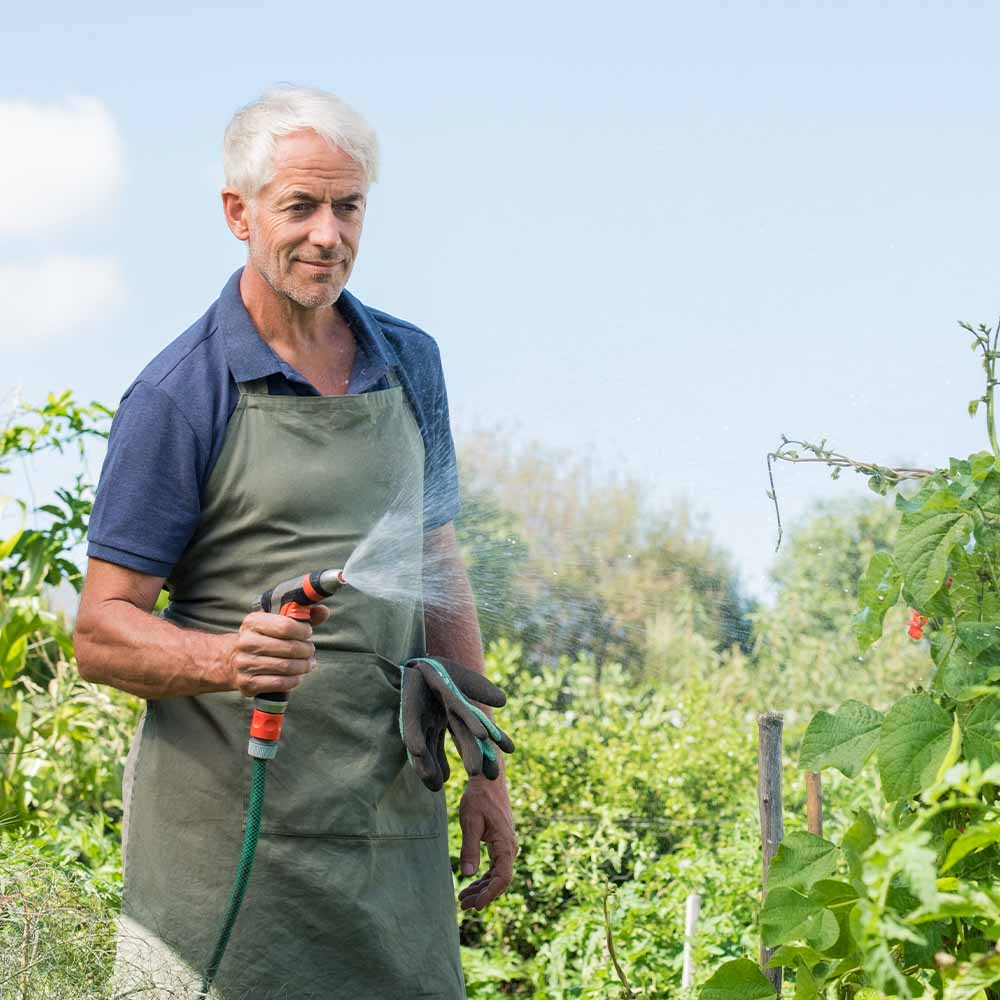
Gardening is more than a leisurely pursuit. It’s a dynamic form of exercise that addresses various aspects of physical health.
As you immerse yourself in tending your garden, you engage in activities that enhance muscle strength, improve hand dexterity, and boost overall stamina.
Here are some of the often overlooked physical benefits of gardening:
Muscle Strength and Tone: Regular tasks like digging and planting enhance muscle strength.
Flexibility and Dexterity: Activities such as weeding and trimming improve flexibility and hand dexterity.
Joint Health: Gardening’s varied movements help maintain joint mobility, which is beneficial for conditions like arthritis.
Cardiovascular Health: Sustained physical activity in gardening is excellent for heart health and stamina.
Low-Impact Exercise: Gardening provides a natural, gentle form of exercise, ideal for maintaining overall fitness in later years.
When you garden regularly, you’ll see a boost in your overall health and fitness. And the benefits don’t stop there.
The Mental Benefits Of Gardening

While the physical benefits are clear, there are just as many benefits for the mind.
Here are the key mental benefits you can expect while gardening:
Stress Reduction: The tranquility of a garden setting and the act of nurturing plants can significantly lower stress levels.
Cognitive Health: Gardening involves planning, problem solving, and learning, which are excellent exercises for the brain, helping to keep cognitive functions sharp.
Emotional Wellbeing: The satisfaction of seeing plants grow and flourish under your care can boost mood and self-esteem, providing a sense of accomplishment.
Mindfulness and Relaxation: Gardening encourages a state of mindfulness, where focusing on the task at hand can be a form of meditation, promoting mental relaxation.
These aspects of gardening give it the edge over many other hobbies which don’t do as much for the mind and soul, making it a valuable and enjoyable activity for emotional and cognitive wellbeing in retirement.
The Social Benefits Of Gardening
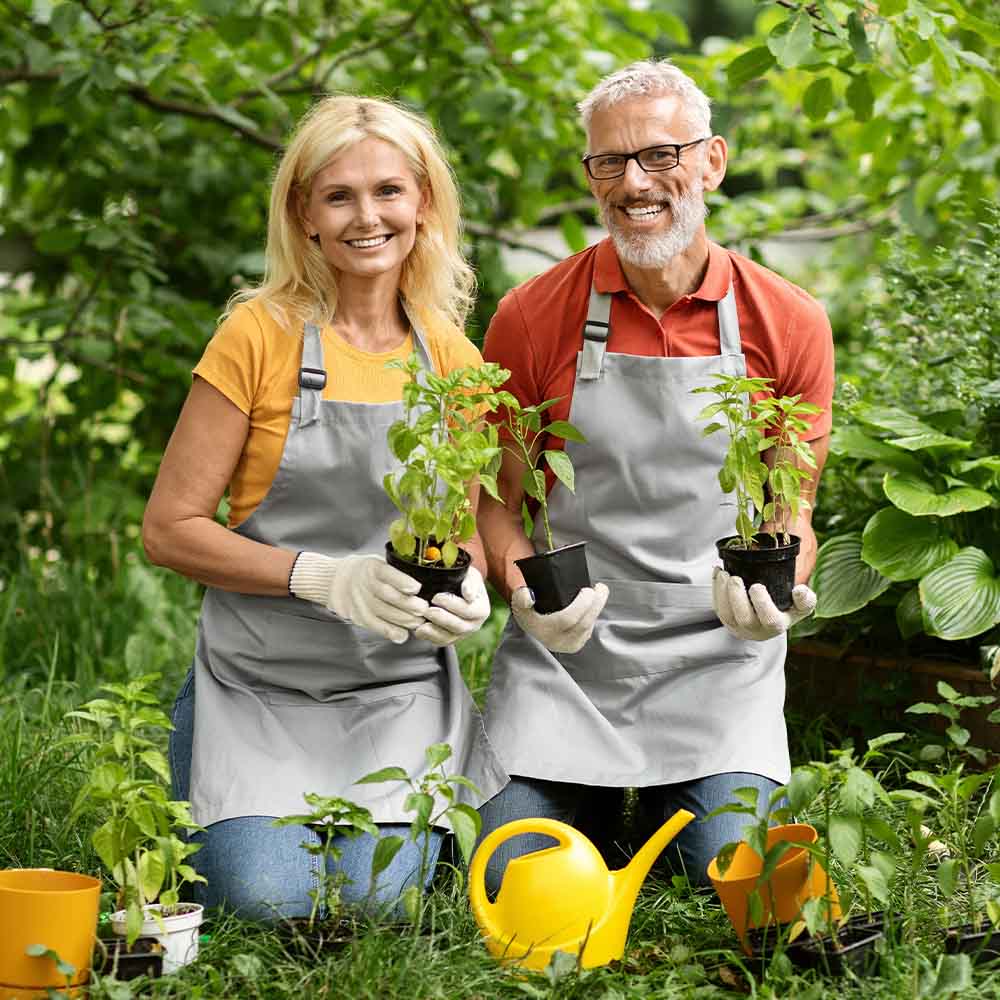
Some people face a feeling of isolation in later years. Children have grown up and friendships at work begin to wind down, but that doesn’t mean you can’t maintain a fun and exciting social calendar. Gardening communities are often active, social, and local, making them an ideal way to stay connected to the world. Here are some of the social advantages to gardening:
Community Engagement: Participating in community gardens or gardening clubs fosters a sense of belonging and offers opportunities to engage with others who share similar interests.
Interpersonal Connections: Gardening can be a bonding activity among family and friends, providing a platform for teaching younger generations or sharing experiences.
Social Support: Regular interaction with fellow gardeners can lead to the formation of supportive networks, crucial for emotional health and combating feelings of loneliness.
Cultural Exchange: Gardens often reflect cultural heritage and personal histories, allowing for the sharing and celebration of diverse backgrounds.
Whether it’s making new friends, spending extra time with family, or connecting online in gardening forums, gardening can open the door to a range of engaging and fulfilling social activities.
How To Look After Your Skin After Gardening

While gardening can be extremely rewarding, it can also be tough on the skin, making post-gardening skincare essential.
Here are some key tips to care for your skin after spending time in the garden:
Facial Cleansing: Start by gently cleansing your skin to remove dirt, sweat, pollen, and bacteria. Particle’s Face Wash is a mild cleanser that helps heal the skin, reduces inflammation, and hydrates without stripping away your natural oils.
Hydration: After cleansing, hydrate your skin with a moisturizer. Particle’s 6-in-1 Face Cream locks in hydration, diminishes eye bags, and soothes the skin, helping it remain healthy and resilient.
Body Cleansing: Gardening can be hard work, which leads to sweating. Dirt and grime can also work its way onto your body and hands. Particle Body Wash is packed with Dead Sea Minerals, which gently remove dirt, sweat, and grime, leaving you feeling fresh and clean.
Incorporating these skincare steps ensures that your passion for gardening doesn’t take a toll on your skin, keeping it healthy and strong.
The Power Of Gardening

Gardening is one of the nation’s most popular pastimes and a great way to stay active as you get older.
It helps keep you strong, makes your brain work better, and lets you meet new people. After gardening, it’s important to take care of your skin to keep it healthy.
Whether you’ve always loved gardening or are just starting, it’s a really simple way to make your life better.
Think of gardening not just as a hobby, but as something that helps you stay healthy and happy as you get older!













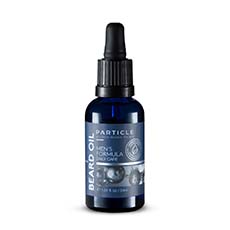

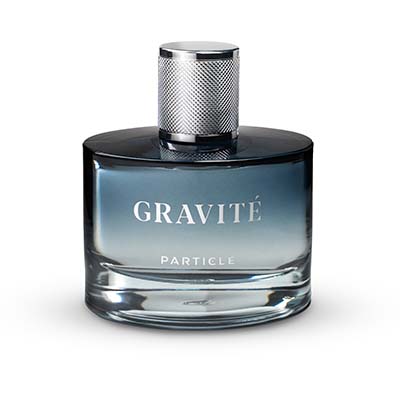

 en
en















